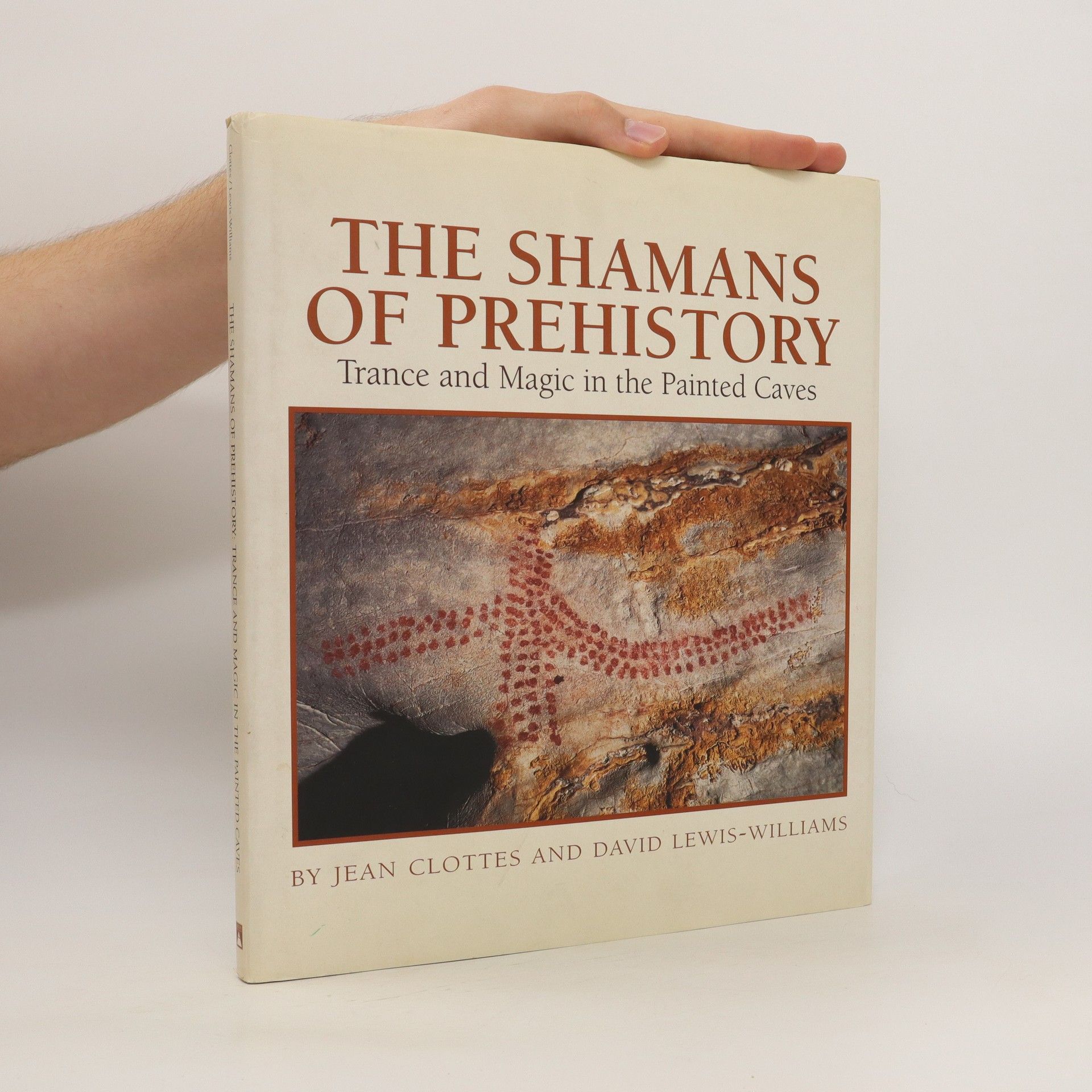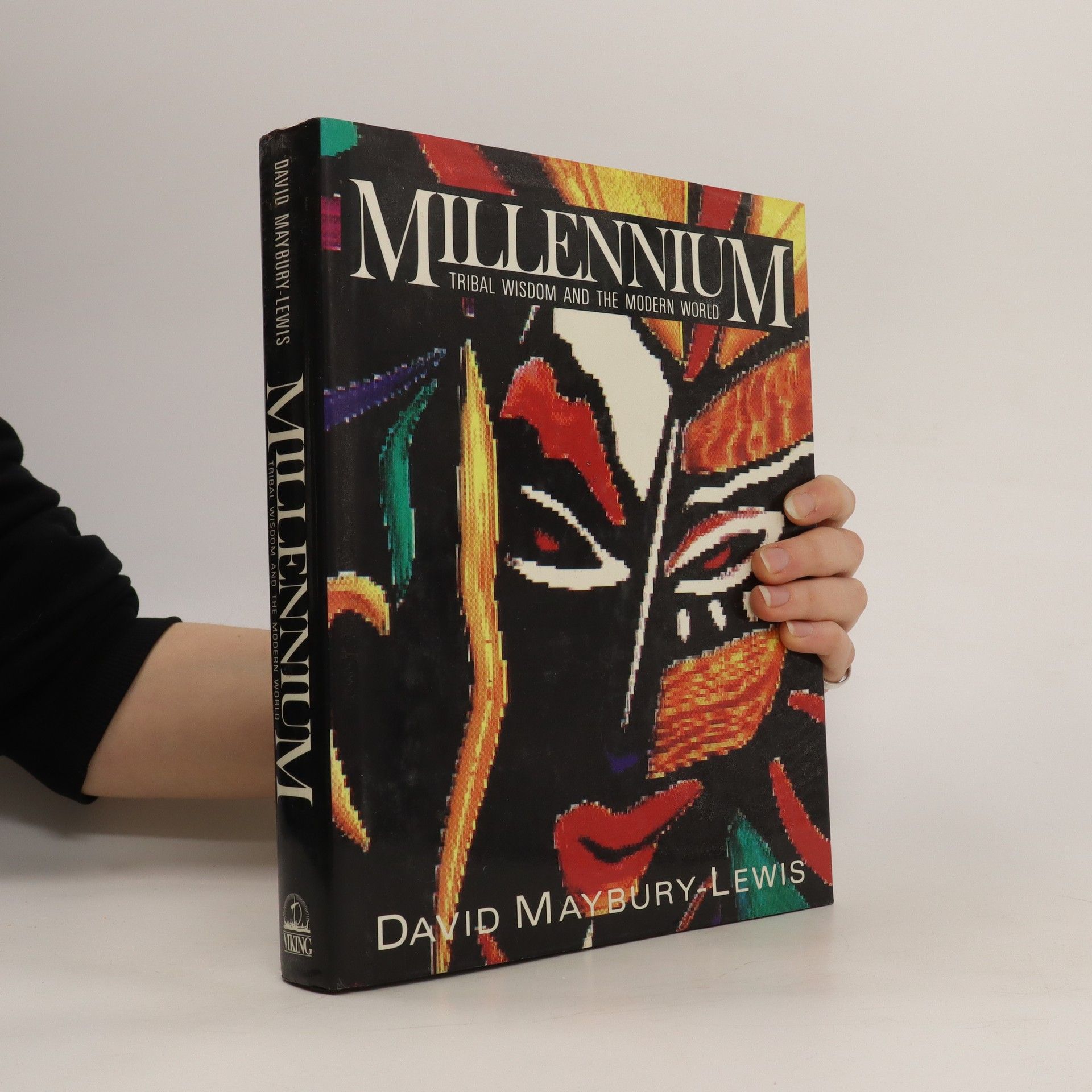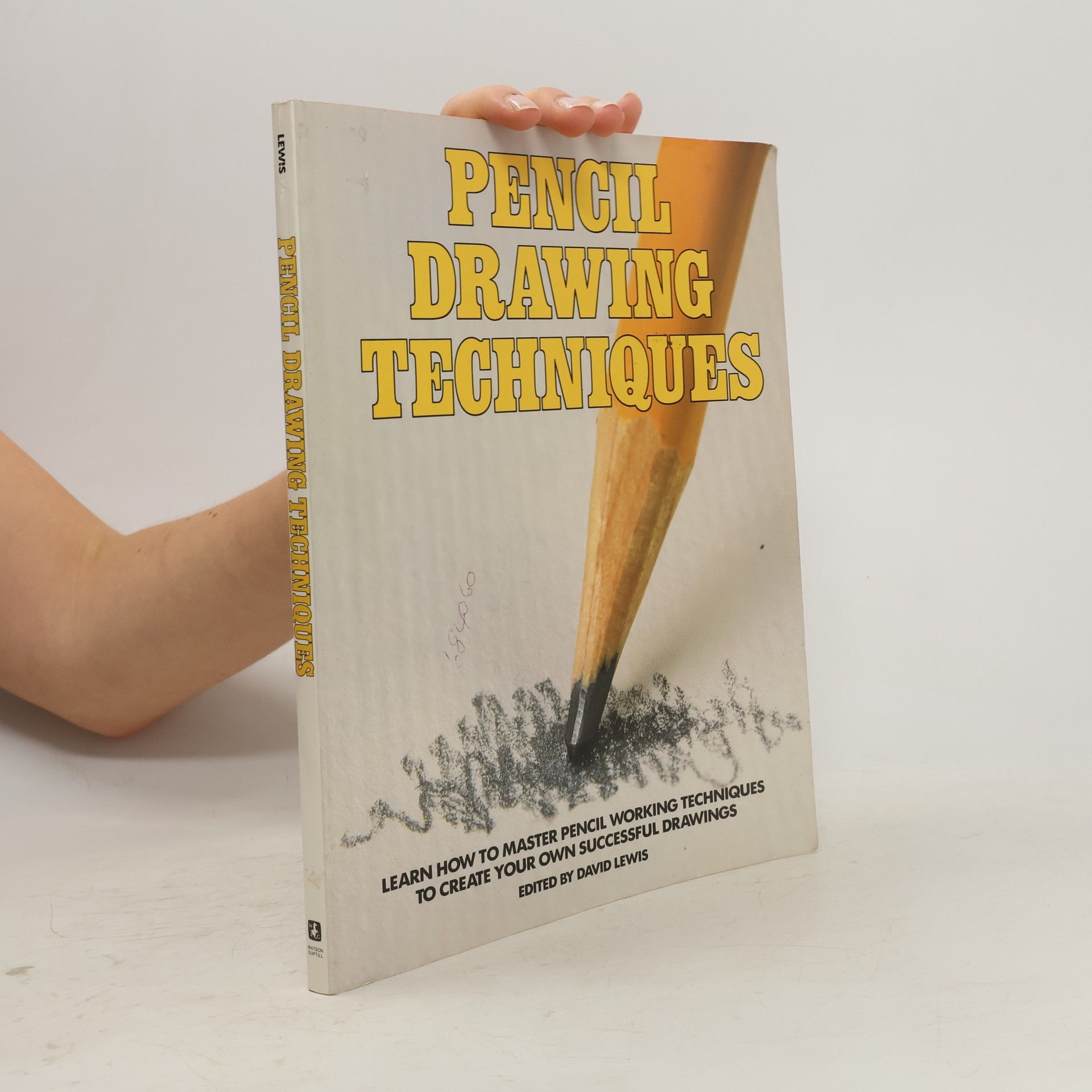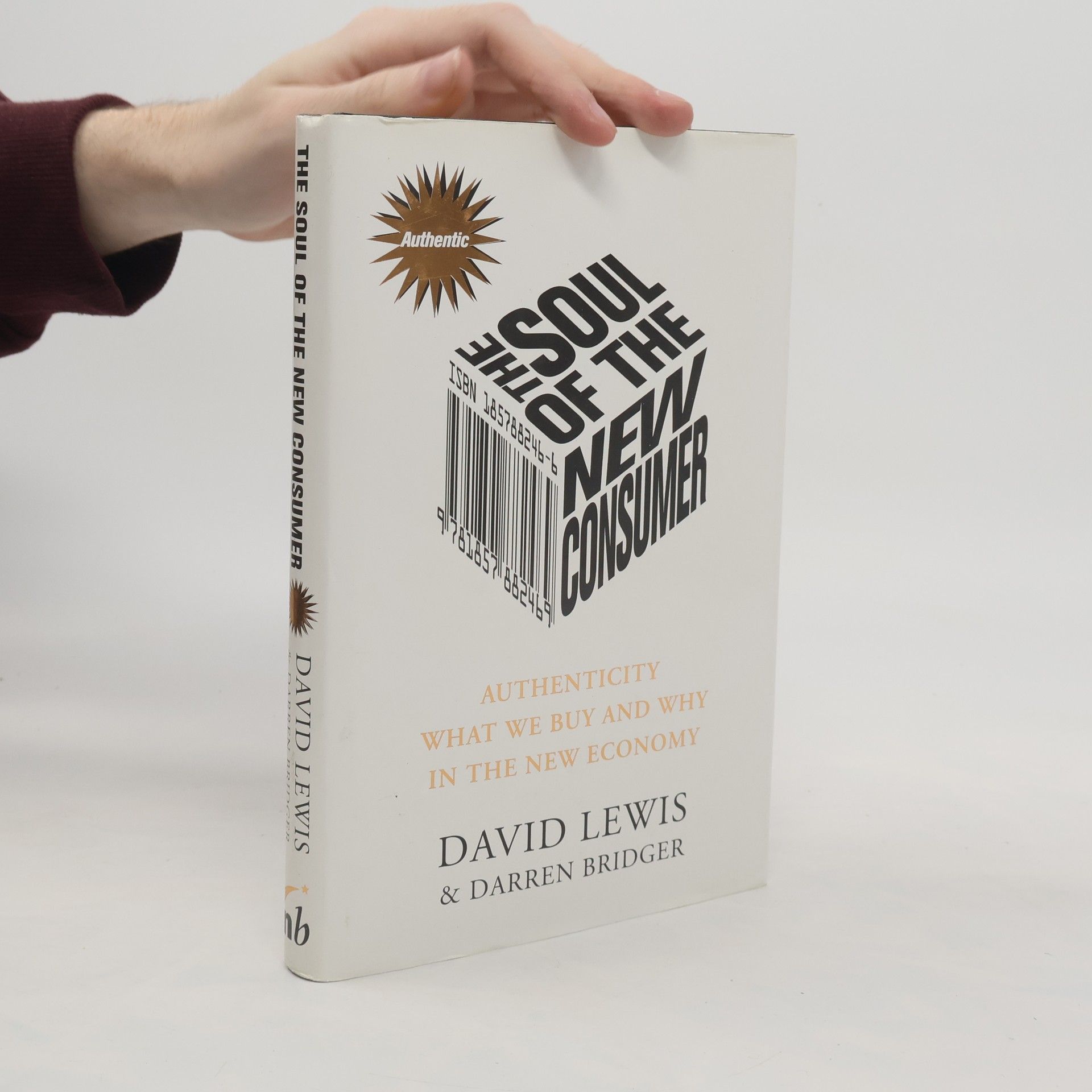From the deserts of Africa to the rainforests of Brazil, this book investigates traditional societies and gains insight into alternative ways of living by exploring different approaches to marriage, wealth, law and order, cultural integration, spirituality and wisdom.
David K. Lewis Libri
David Kellogg Lewis è stato un influente filosofo del XX secolo il cui lavoro ha profondamente influenzato la filosofia del linguaggio, della mente, della metafisica, dell'epistemologia e della logica. È forse meglio conosciuto per la sua controversa posizione del realismo modale: l'idea che esistano infiniti universi paralleli, ognuno concreto e causalmente isolato, con il nostro che ne è solo uno. Questi universi fungono da mondi possibili nell'analisi della necessità e della possibilità. L'eredità di Lewis risiede nel suo pensiero originale e nella sua profonda esplorazione della natura della realtà.






Red Cameras Roll
The Complete Book and Lyrics of the Musical : The Complete Book and Lyrics of the Musical by David Lewis
- 100pagine
- 4 ore di lettura
Set against the backdrop of the 1955 Red Scare, the story follows fading film star Brenda Dayton as she secretly films a movie tackling the era's attacks on free speech. Local couple Jenny and Bill face turmoil due to Jenny's admiration for Brenda. When a women's club pressures Brenda to abandon the project, Jenny passionately defends her, leading to a powerful bond between them. As public protests escalate, the narrative unfolds with unexpected consequences, offering a gripping exploration of friendship and courage amidst societal turmoil.
Fight Your Phobia - and Win
- 128pagine
- 5 ore di lettura
No matter how distressing and disabling your phobia may be, you can win freedom from your fears. And you can do this... Whatever your type of phobia.Even if you have made unsuccessful attempts to overcome your phobia in the past.Whether you have suffered from your phobia for a few months or many years.Chartered Psychologist Dr David Lewis's practical, self-help, programme consists of easily mastered steps that take you from overwhelming fear to relaxed acceptance. Thousands of sufferers have overcome their phobias using this approach. You could do the same.
Anthropology and Development
- 240pagine
- 9 ore di lettura
A critical look at how a non-traditional, technocratic development industry is failing the societies it professes to help
Michael Jordan: Life Lessons from His Airness
- 144pagine
- 6 ore di lettura
Michael Jordan defied gravity, exceeded expectations, and transcended the limits of age to become the world's greatest basketball player of all time. While record-breaking 60-point games and flying dunks brought him fame, his long and celebrated career relied heavily on habits we can all embrace: discipline, hard work and knowing how to channel the deep, competitive drive within. Michael Jordan: Life Lessons from His Airness offers a courtside seat to the wild ride that made Michael Jordan a star and reveals valuable insights for anyone trying to make their own lofty dreams come true.
Shamans of Prehistory
- 120pagine
- 5 ore di lettura
The universality of shamanistic power and practice among today's hunter-gatherers - along with the similarity of rock art found in varied sites around the world - has led Jean Clottes and David Lewis-Williams to suggest in this new book that the great art of paleolithic caves can be best understood through the lens of shamanism. Indeed, this is not a monograph on a particular site, but a general discussion of the art of painted caves and their shamanistic meaning. Through the authors' revealing words and the abundant full-color illustrations, we follow shamans into their trance states, and we watch as they carefully paint and engrave on rock surfaces the shapes of animals whose power they seek. As we learn how drawings and rituals were likely modes of shamanistic contact, we understand best the actions, accomplishments, and traces left behind by prehistoric shamans
Pencil Drawing Techniques
- 144pagine
- 6 ore di lettura
Presents guidance on forms, strokes, and values in drawing and explains various techniques for creating proper perspective, various shapes, textures, and portrait elements
Watercolor Painting Techniques
- 144pagine
- 6 ore di lettura
Discusses the materials and equipment of watercolor painting and recommends methods for creating watercolor paintings of landscapes, flowers, seascapes, and other subjects
Mavericks
- 240pagine
- 9 ore di lettura
Reclaim your power to make positive changes in your organization and beyond by channelling your inner maverick.
The soul of the new consumer
- 256pagine
- 9 ore di lettura
The Soul of the New Consumer will revolutionize the way we think about traditional market segmentation, retailing, selling and branding.


